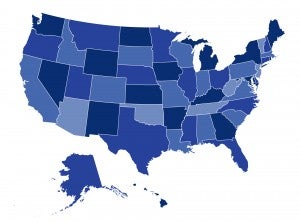Idaho Misses Opportunities to Help Consumers Get Affordable, Comprehensive Health Coverage During COVID-19 Pandemic

Since the COVID-19 pandemic began, states have taken charge of responding to the public health emergency. As a state that runs its own health insurance marketplace, Idaho has tools at its disposal to help consumers enroll in comprehensive coverage. But like the federal marketplace, Idaho decided not to wield all of them, leaving large marketplace enrollment barriers and instead promoting alternative and less comprehensive coverage.



